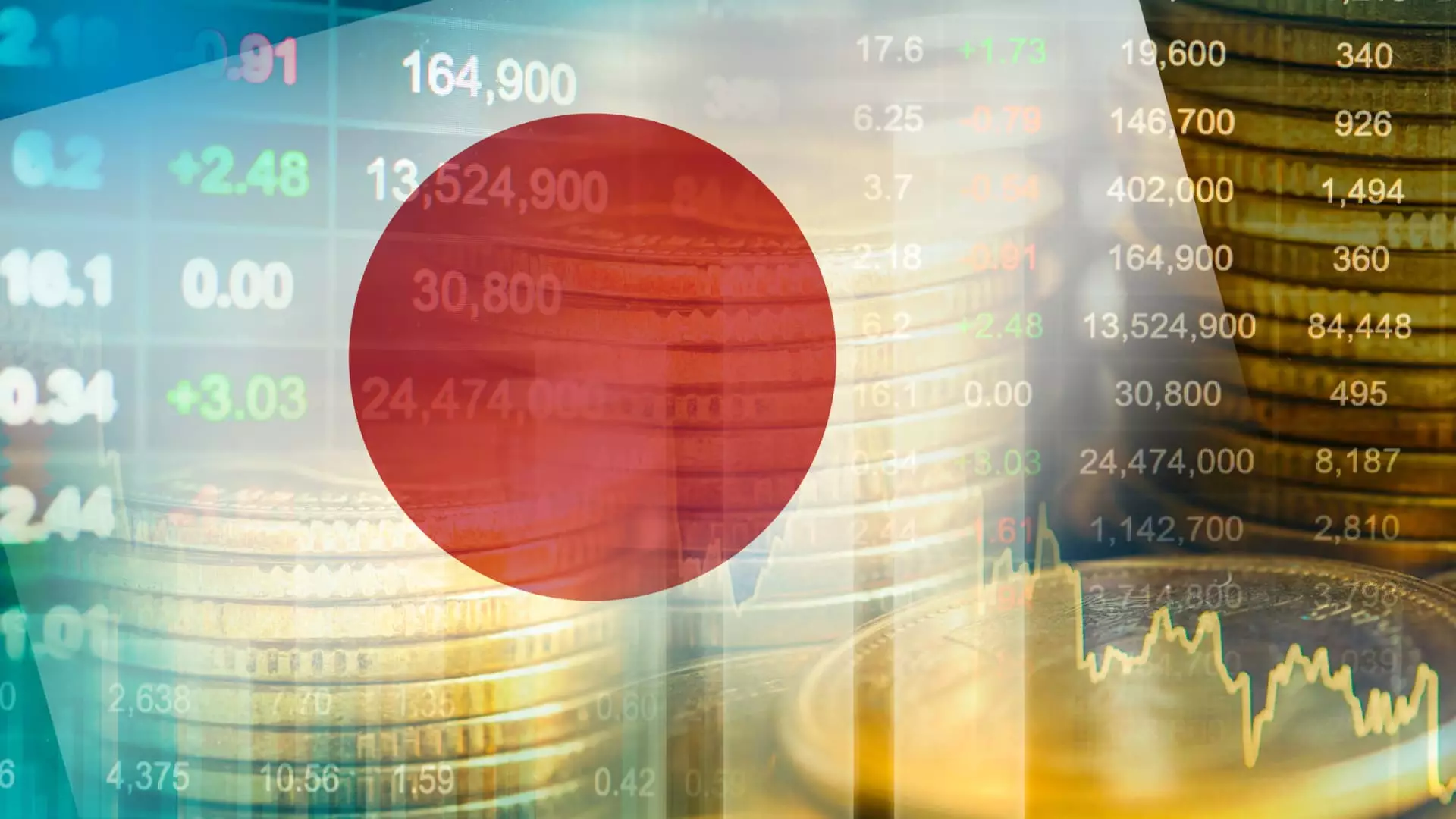The private equity market in Asia Pacific experienced a significant drop in deal value last year, reaching its lowest point since 2014. This decline was attributed to various factors, including slowing economic growth, high interest rates, and volatile public markets. According to Bain & Company’s 2024 Asia-Pacific Private Equity Report, fundraising also hit a 10-year low during this period. However, amidst this downturn, Japan emerged as an outlier with a staggering 183% increase in deal value from the previous year. This catapulted Japan to the position of the largest private equity market in Asia Pacific for the first time.
Bain attributed Japan’s attractiveness as an investment destination to its deep pool of target companies with significant potential for performance improvements. Additionally, pressure for corporate governance reform on Japan Inc to divest non-core assets has further enhanced the country’s appeal to private equity investors. These factors have combined to make Japan a standout performer in an otherwise challenging environment for private equity deals in the region.
While Japan saw a remarkable surge in private equity deal value, the Asia-Pacific region as a whole experienced a decline of over 23% to $147 billion compared to the previous year. This represents a stark contrast to the peak value of $359 billion recorded in 2021. Exits also took a hit, plunging 26% to $101 billion, with a significant portion of exits being through initial public offerings. Notably, Greater China dominated the IPO exit landscape in Asia Pacific, with the majority of listings occurring in Shanghai and Shenzhen.
Looking ahead, Bain expressed uncertainty regarding the outlook for exits in 2024. However, the firm emphasized that successful funds should not wait for market conditions to improve but instead focus on strategic initiatives to drive sales that meet target returns. By conducting thorough strategy reviews and highlighting the value proposition of deals to potential buyers, private equity firms can effectively manage their portfolio of assets and deliver returns to investors in a challenging market environment.
In response to the changing landscape, many private equity funds have begun exploring alternative asset classes with potentially higher returns. These include investments in infrastructure operations such as renewable energy storage, data centers, and airports. By diversifying their portfolio and tapping into new opportunities, private equity firms aim to navigate the current market challenges and deliver value to their stakeholders.
Some key highlights from the report include the dominance of buyouts, which constituted 48% of total deal value in Asia Pacific last year, surpassing growth deals for the first time since 2017. Despite a decline in the pool of investors, private equity returns continue to outperform public markets over a long-term horizon. Looking ahead, the timing of a recovery remains unclear, but emerging technologies such as generative artificial intelligence hold promise for future growth. Additionally, Japan, India, and Southeast Asia are identified as favorable markets for private equity investment opportunities in the coming year.
The private equity landscape in Asia Pacific is facing unprecedented challenges, with overall deal value on the decline. However, amidst this downturn, opportunities exist for strategic investors to capitalize on the unique strengths of markets like Japan and explore new avenues for growth and value creation in the region. By adapting to changing market dynamics and embracing innovation, private equity players can position themselves for success in the evolving Asia-Pacific landscape.

